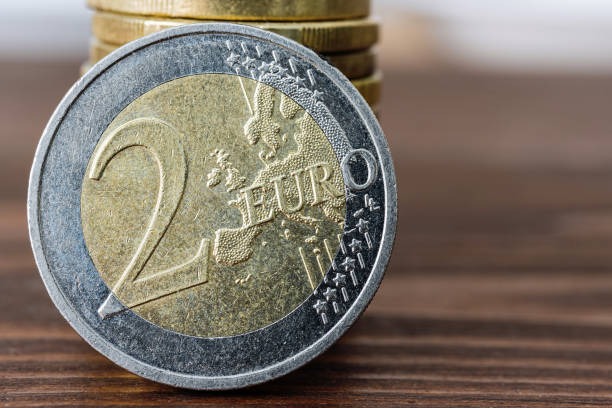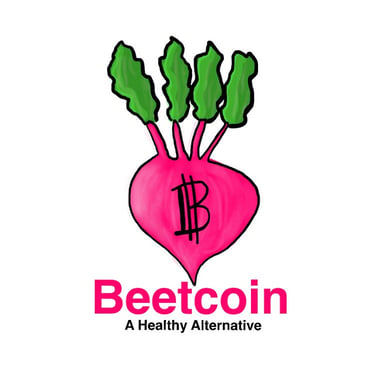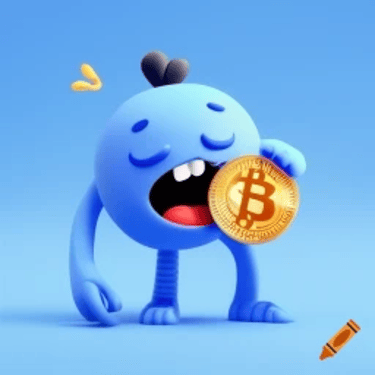Understanding National Borders and Globalisation
Explore how national borders are shaped by ideas, culture, and currency. Discover the impact of globalisation on transaction costs and trust in business partnerships, and how a unified currency can benefit nations like Australia.
HISTORICALFUTURE SCOPE
11/14/20243 min read


A national border is defined as a line separating one line from another. What are the lines though? I believe the lines can be interpreted to be ideas, currency, culture, religion, beliefs and values. Over time with globalisation, these “borders” have reduced in magnitude. Christianity, Ideas of US culture and capitalistic attitudes, Europe has a unified currency and many other things have linked the world across time. How does this benefit the people directly? To put it simply it reduces the cost for transactions and if people share the same values it builds trust for business partnerships, which also results in reduction of transaction cost. So for example countries like Australia and the United States share very similar values such as religious beliefs, western attitudes and a free capitalistic environment. This allows them to sign agreements such as the U.S. - Australia Free Trade Agreement which basically eliminates tariffs and allows both countries to prosper.
To break this economic idea down even further we can think of it as two people stuck on an island after a plane crash, one is strong and can chop 10 trees per day while the other can only chop 4 per day to make into planks for shelter. The strong man has no fishing experience and can only catch 2 fish while the other man is a trained fisherman who can catch 10 fish per day. They might part ways from each other and do their own tasks and not trade if they don’t share similar value systems, spending half of each day chopping wood and the other half fishing, this would result in the strong man having 5 trees worth of planks and one fish and the other man having 2 trees worth of planks and five fish. The total economic output of the separate effort would be 7 trees and 6 fish. Now if they were able to communicate that they have some shared values, they could focus on specialisation, the strong man would chop wood all day resulting in 10 trees and the fisherman would fish all day resulting in 10 fish. The total combined output would be 10 trees and 10 fish, more than 50% greater than if the men were to work on their own.
This is why free trade agreements are powerful but they cannot always be attained due to differences in culture and government for example having a free trade agreement between China and the United States would come with drawbacks because their values are not aligned and one could easily pressure the other politically if there was too much economic dependence so tariffs need to be placed to protect national security at the cost of economic benefit to both nations. This is why globally we tend to see the number of different value systems and beliefs reducing over time and today it has constellated into a just a few differing value systems which allows these spheres of influence to trade efficiently within each other and maximise material wealth for its citizens
When the EU adopted the Euro in 1999, this reduced the cost of transacting between EU countries allowing for a larger labor pool and reduced the risk of inter-country investment as these countries no longer needed to buy insurance for currency fluctuations when making international investment within Europe. There are numerous other benefits. Could we have a global Euro but make it even better. A new system where the currency can be instantly transferred between citizens in any country, without permission and instantly at zero transaction costs with no banks gatekeeping, a system which isn’t controlled by central baking and has finite supply. Purely from trade, using a single permission less currency is estimated to increase the global economic output by 10 - 20%, there would be numerous other increases in GDP output from citizens in developing countries not being robbed, and the thieves having to take honest jobs as robbery will be less opportunistic.
So purely from the world adopting a global currency, the world economy will grow significantly especially in developing countries due to this as today in developing countries many people are working remotely for international organisations as the pay can be much higher than a local salary, and this benefits their country as they bring wealth into it the issue is transferring wealth from countries into developing countries is inefficient and expensive, so an open blockchain system will eliminate this cost and more people in developing countries will jump online, boosting their economies as they bring in wealth for their nation. Something like this will allow every person in the world to act as a free economic agent and like in the example with the island, the more free economic agents there are acting on their own accord the more efficient an economy can become
Get in Touch
We'd love to hear from you! Reach out for questions, feedback or other enquiries
Reach
info@bitesizedblockchain.com
Bite Sized is not affiliated with these brands in any way





Grab your daily web 3 byte
